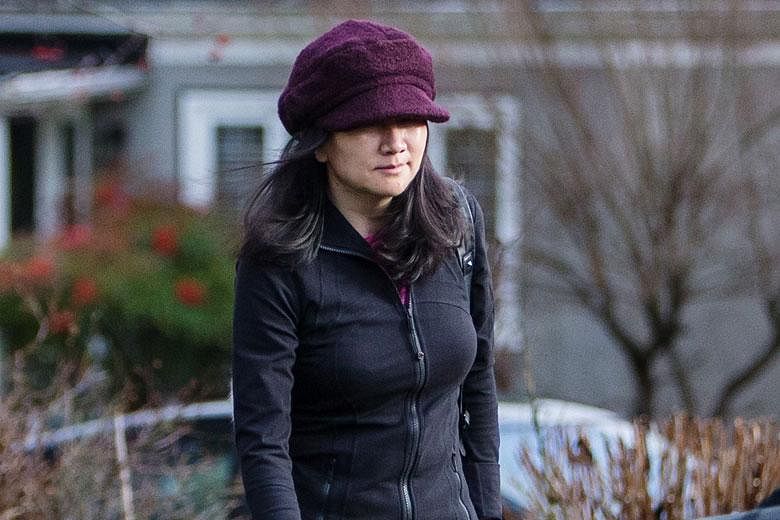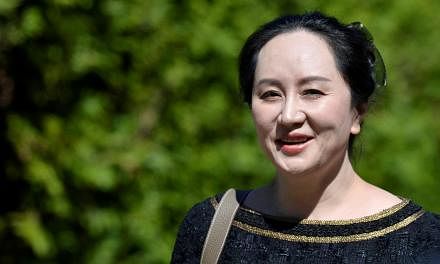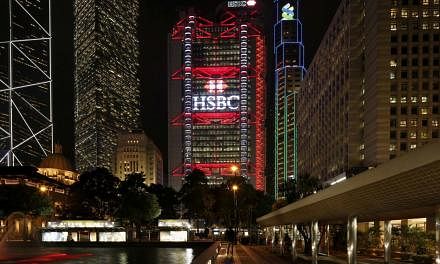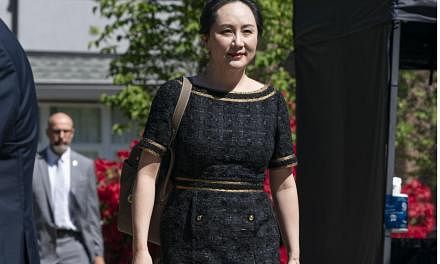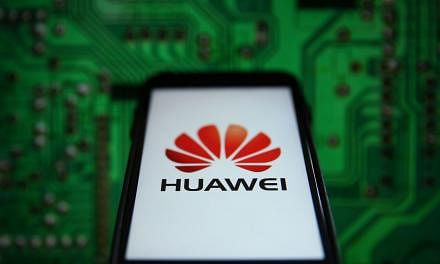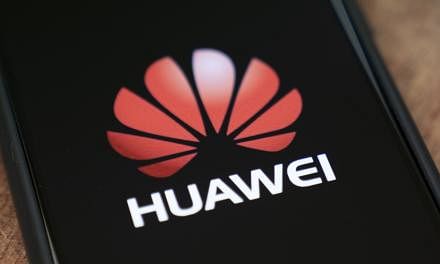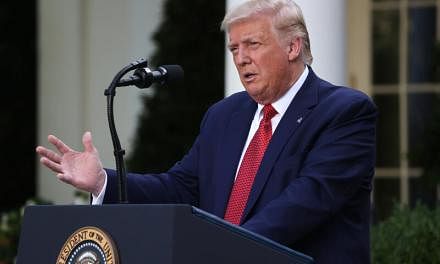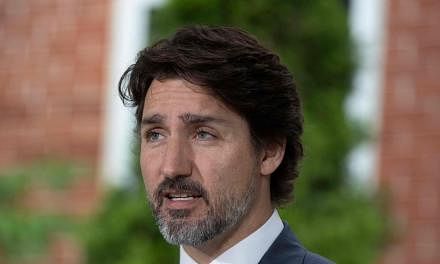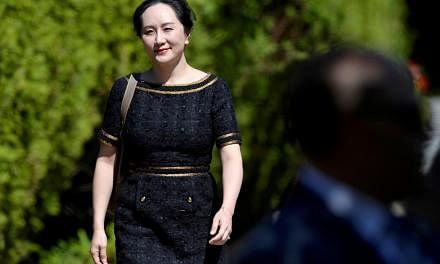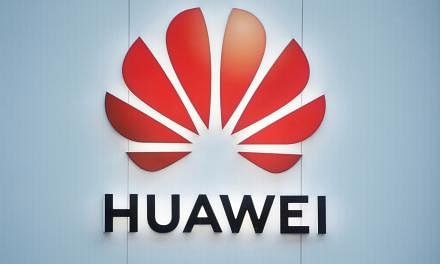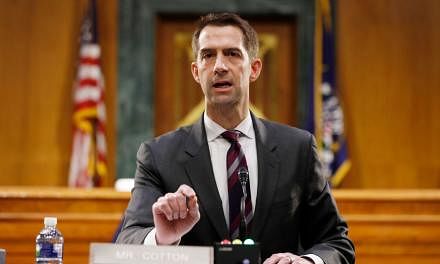OTTAWA (REUTERS, AFP) - The United States has informed the Canadian government that it plans to proceed with a formal request to extradite Huawei chief financial officer Meng Wanzhou on allegations of the violation of US sanctions against Iran, the Globe and Mail reported on Monday (Jan 21).
David MacNaughton, in an interview with the Canadian newspaper, said the US has told Canada it will request Meng's extradition, but he did not say when the request will be made. The deadline for filing is Jan 30, or 60 days after Meng was arrested on Dec 1 in Vancouver.
Meng, the daughter of Huawei Technologies founder Ren Zhengfei, was arrested at the request of the United States over alleged violations of US sanctions on Iran. She was released on bail last month and is due in court in Vancouver on Feb 6.
Relations between China and Canada turned frosty after the arrest, with China detaining two Canadian citizens and sentencing to death a Canadian man previously found guilty of drug smuggling.
China's Foreign Ministry on Tuesday reiterated calls for Meng's immediate release and said her case clearly was "not a regular judicial case".
Anyone with fair judgment would determine that Canada made a"serious mistake" in this matter, ministry spokeswoman Hua Chunying told a regular news briefing. "Canada and the United States arbitrarily abused their bilateral extradition treaty to seriously infringe upon a Chinese citizen's security and legal rights," Hua said.
China "strongly urges" the United States to correct its"mistake", cancel the arrest order for Meng, and not make a formal extradition request, she added.
Asked if China would retaliate against the United States if Meng is extradited, Hua said, "China will, of course, respond to US actions." She did not elaborate.
The Chinese firm, the world's biggest maker of telecommunications equipment, said it had no comment on ongoing legal proceedings when contacted by Reuters on Tuesday. A US Justice Department spokesman said: "We will comment through our filings."
The Canadian Justice Department did not immediately respond to a request for comment outside regular business hours. Canada is one of over 100 countries with which the United States has extradition treaties. Once a formal request is received, a Canadian court must determine within 30 days if there is sufficient evidence to support extradition, and Canada's Minister of Justice must give a formal order.
In an article published on Monday, a former Canadian spy chief said Canada should ban Huawei from supplying equipment for next-generation telecoms networks, while Canada's government is studying any security implications. Some of Canada's allies such as the United States and Australia have already imposed restrictions on using Huawei equipment, citing the risk of it being used for espionage.
Huawei has repeatedly said such concerns are unfounded, while China's ambassador to Canada last week said there would be repercussions if Ottawa blocked Huawei.
In Monday's interview, MacNaughton said he had complained to the United States that Canada was suffering from Chinese revenge for an arrest made at the US' request.
"We don't like that it is our citizens who are being punished," the Globe and Mail cited MacNaughton as saying. "(The Americans) are the ones seeking to have the full force of American law brought against (Ms. Meng) and yet we are the ones who are paying the price. Our citizens are."
Canadian Prime Minister Justin Trudeau previously said China was arbitrarily using the death penalty and called on world leaders to raise concerns about the detained Canadians.
Meanwhile, a group of former diplomats and academics have signed an open letter to Chinese President Xi Jinping calling for the release of two Canadians who have been detained on allegations of espionage.
Former diplomat Michael Kovrig and businessman Michael Spavor were last month arrested in China for activities that "endanger China's security" - a phrase often used by Beijing when alleging espionage.
Their detentions are thought to be in retaliation for Canada's arrest of Meng.
The letter said both Kovrig and Spavor worked to improve understanding of China and to promote better relations with the world.
"Kovrig and Spavor's detentions send a message that this kind of constructive work is unwelcome and even risky in China," read the page-long letter, which had 143 signatories from 19 countries.
The list includes six former Canadian ambassadors to China: Fred Bild, Joseph Caron, Earl Drake, David Mulroney, Guy Saint-Jacques and Robert Wright as well as former US ambassadors Gary Locke and Winston Lord and Hong Kong's last British governor Chris Patten.
